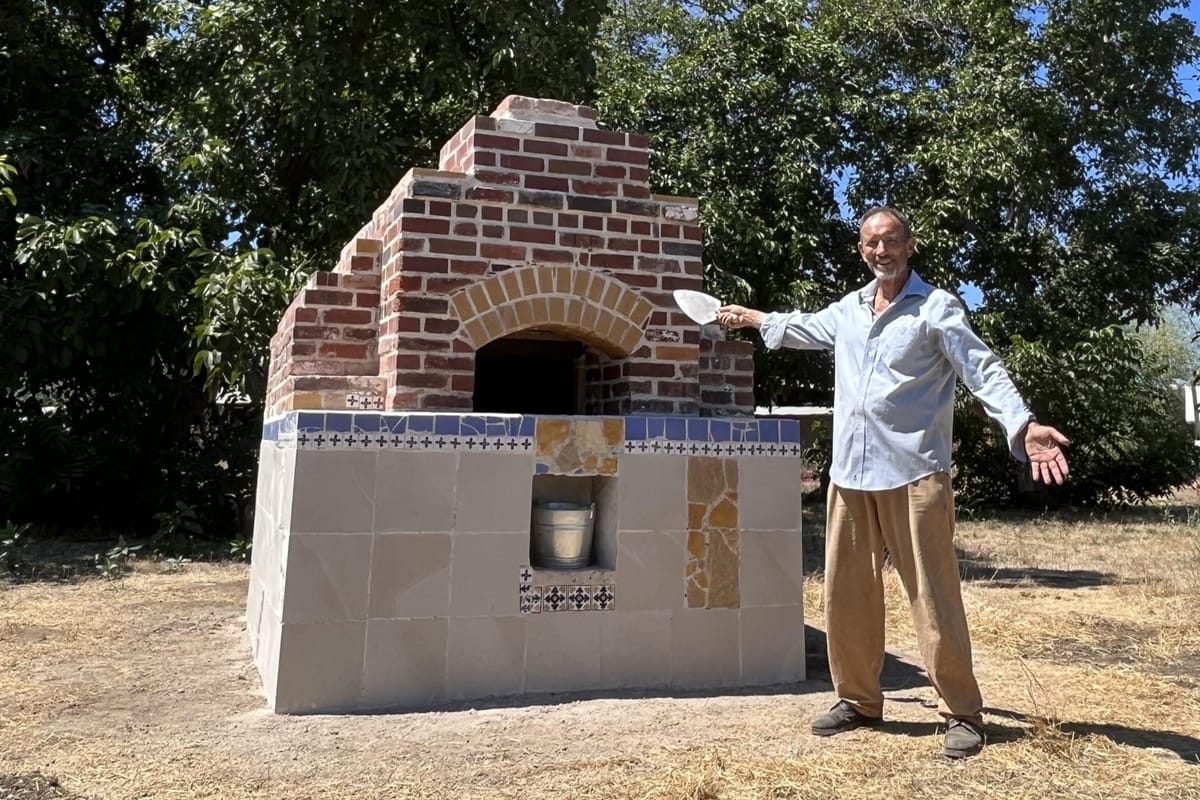Climate Culture: March 2024
On loneliness and connection, with Jonathan Richman and Kacey Musgraves.

In 'Climate Culture', Gerard Mazza shares what he's been reading, listening to, or watching that's had him thinking about the climate crisis.
'Loneliness: 61% of young women report feelings of isolation' (or similar wording), lower third on ABC News TV broadcast, 7 March 2024
At the radio studio where I work, the ABC News channel was silently lit up on the wall as usual. I can't remember or find the exact wording on the screen's lower third, but it relayed that one statistic, which was all I gathered of the report. The many facts, statements, sounds, and images I come across in the course of a normal workday tend to have more of a cumulative rather than individual effect, but this one piece of information gave me pause and took my full attention. Later, I found the figure had come from Headspace's National Youth Mental Health Survey. The survey found that 61% of young women reported they sometimes or often felt isolated from others, while 62% said they lacked companionship. 67% said they felt left out often or some of the time. Headspace says these rates are higher for young women than for young men. These figures made me sad. Two days after I saw the ABC report, I felt the same way when I read in the newspaper that Kids Helpline had reported a doubling of suicide crisis interventions between 2018 and 2023. It's hard to read this stuff and not feel like we're living in a world gone wrong. Many people across the political spectrum seem to share a similar intuition. What they blame for it, and what they propose should be done about it, is where they often differ. I ask: as capitalism ravages the ecosphere, boils the climate, and drives an ever-bigger divide between the rich and the rest, is it any wonder young people are feeling alienated?
Holly Valance interview from Chopper's Political Podcast, GB News, 15 March 2024
Of course, others will make different diagnoses. Some blame people like me and our 'climate doomsdayism' for the suffering of young people. Holly Valance, a former actor and pop singer, and current wife to a billionaire property developer, expressed such a view this month in her attack on Greta Thunberg: "I don't understand why you have this, like, demonic little gremlin high priestess of climatism as the goddess in classrooms: Greta. And the kids are all coming home with depression and anxiety. Why would you go to your music lesson or bother doing your homework or get out of bed if you think we're all going to be dead in five years anyway? I mean, 'They told me in class. Greta told me.' Why would you bother? It doesn't give anyone hope." A Neighbours star turned ultra-capitalist literally demonising a 21-year-old activist is quite an extreme form of shooting the messenger. Valance is clearly still an excellent entertainer and commands an engaging turn of phrase. She's able to convert into headlines and clicks the same stale anti-Thunberg talking points that have been circulating as anonymous Twitter replies for the past five years.
'This Is One Sad World' by Jonathan Richman, from the album Want To Visit My Inner House?, 2021
The work of singer-songwriter Jonathan Richman has been concerned over many decades with loneliness and its cures. His oeuvre could be read as mapping a journey from isolation to connection. As a teenager, he sang loud, spiky songs about being all alone in his room or his car. His stylistic shift to gentler songs and acoustic singalongs was accompanied by an attitude readjustment: a letting down of the guard, an appreciation for nature, and greater openness to other people. In more recent years, the sense of mysticism that's always been present in his work has deepened. His most recent album is called Want To Visit My Inner House?, but if that's where the album takes us, his doors and windows are wide open. In 'This Is One Sad World', Richman meets sorrow and still manages to find joy. Neither one seems to temper the other. Some of the song's concerns appear topical, some timeless, some both. Richman sings about "barbed wire/And curfew/And ICU/And erosion and locusts/And eviction, oh my God", about "one sad land/with one sad stand". Despite it all, Richman, repeatedly asks: "Does anybody love life more than I do?", and I tend to agree with him: "Probably not." True love requires a willingness, perhaps even a desire, to suffer alongside. As a mature mystic, Richman is teacher as well as practitioner, leading by example.
'Cardinal' and 'The Architect' by Kacey Musgraves, from the album Deeper Well, 2024
Kacey Musgraves, like Jonathan Richman, is good at writing about walking. 'Slow Burn', the opener to 2018's Golden Hour, had her walking to the bar, looking at flowers. In 'Cardinal', the first song on her new album, she's on foot again, this time through windy city streets, trying to clear her head. She sees a bird, a cardinal, and wonders if it might be trying to convey a message from a loved one who has died. The song is full of questions. Musgraves suspects the bird might have a some kind of message or magic, but is never certain. Connection to nature is a reoccurring theme in Musgrave's work. In 'Cardinal', she interrogates how that connection might work. Is nature indifferent to us, or is it filled with signs? Does it hold meaning, and if so, of what kind? Other philosophical questions are taken up in 'The Architect'. Musgraves marvels at an apple, and wonders how and why it came to be. Some critics have dismissed such musings as trite, but the song's concerns are fundamental. The world is mysterious, and remembering such can connect us back to it.